Talk Overview
As the COVID-19 pandemic escalated in the beginning of 2020, there was a need for the rapid dissemination of scientific information to understand everything from how the virus spreads, to how it affects the human body, to how the disease can be treated and prevented. Jessica Polka, Executive Director of ASAPbio, explains that, for this reason, the pandemic has inspired an increasing number of scientists to post their research papers on preprint servers. Publishing papers in traditional journals with formal peer review can take a lot of time. Posting manuscripts on preprint servers, on the other hand, can happen quite fast. But, considering that preprints do not undergo formal peer review before they are posted, is this prudent? Dr. Polka talks about how preprints experience their own crowd-sourced, informal peer review process through public commentary on social media and other venues by scientists and other experts, and this discourse can actually improve the quality of the paper over time. A major caveat of preprints is the potential for the media and the public, who may not be aware of the provisional nature of preprints, to disseminate erroneous or inaccurate information, and so, this requires proper education and training on what preprints are and how to interpret them.
In the second video, we have an online Q&A (hosted on January 6th, 2021) discussing the benefits and limitations of preprints from the perspective of early-career scientists. Panelists included Jessica Polka, Elizabeth Silva (Associate Dean of Graduate Programs at UCSF and former editor at PLoS), and Kate Carbone (an industry postdoc).
Speaker Bio
Kate Carbone

Kate Carbone is an industry postdoc and studies immune cell biology across scales, from biochemical reconstitution to in vivo tumor models. She’s currently focusing on cancer immunology. She earned her PhD from UCSF in the lab of Ron Vale and published preprint papers as a grad student. At the company where she currently works, Kate… Continue Reading
Elizabeth Silva

Elizabeth Silva is the Associate Dean of Graduate Program and an adjunct assistant professor in the Department of Social and Behavioral Sciences at the University of California, San Francisco. Elizabeth is a trained by biomedical research scientists with experience in science policy, particularly relating to publication and research ethics as well as an early career… Continue Reading
Jessica Polka

Dr. Jessica Polka is the Executive Director of ASAPbio, a non-profit organization that works to address the efficiency by which scientists share their results by promoting innovation and transparency in life sciences communication. As part of her advocacy work, Polka served as president of the board of directors of Future of Research, and is a… Continue Reading

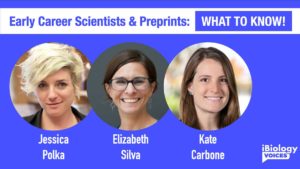
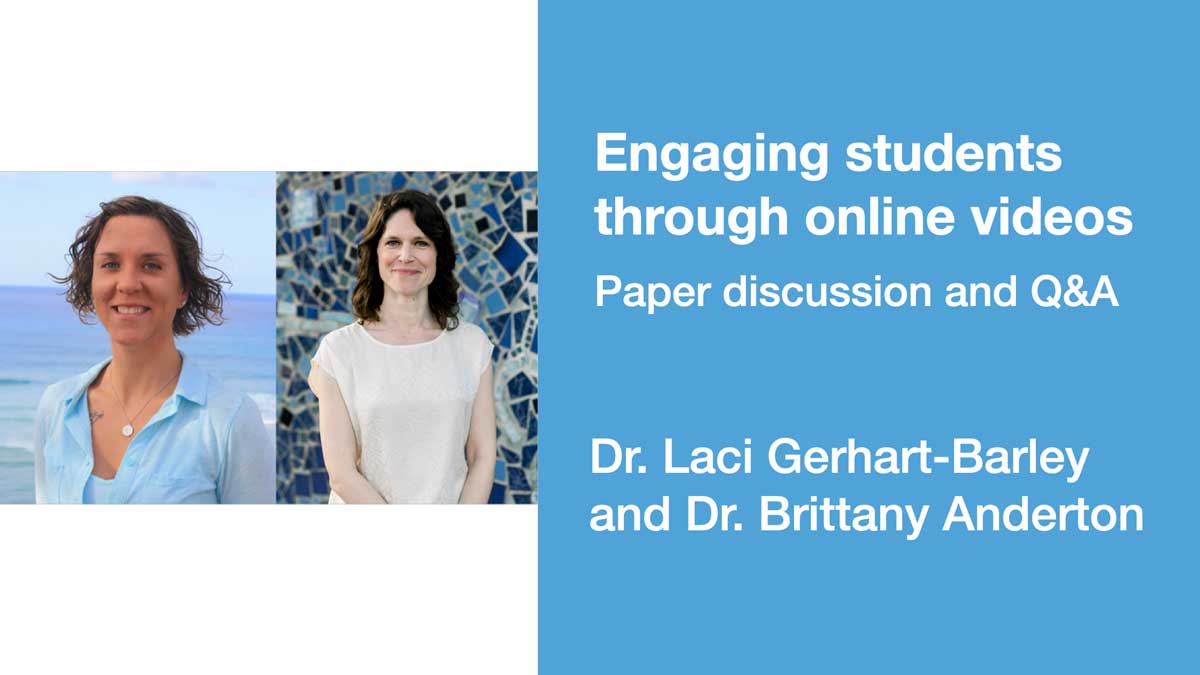
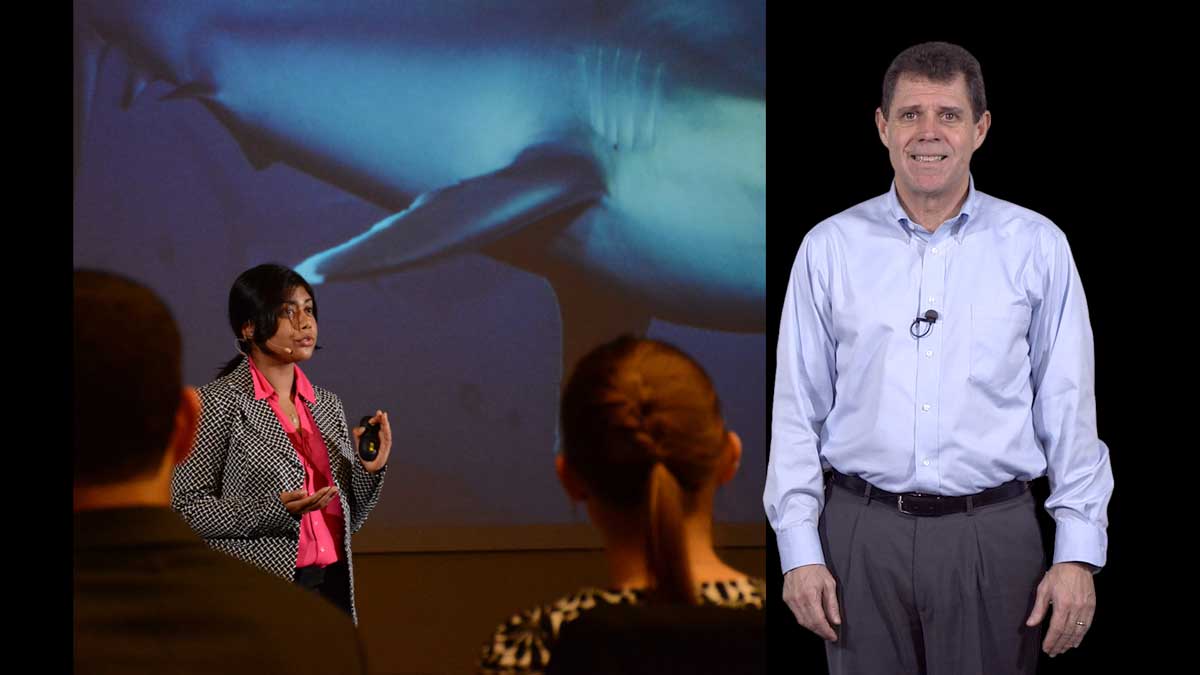
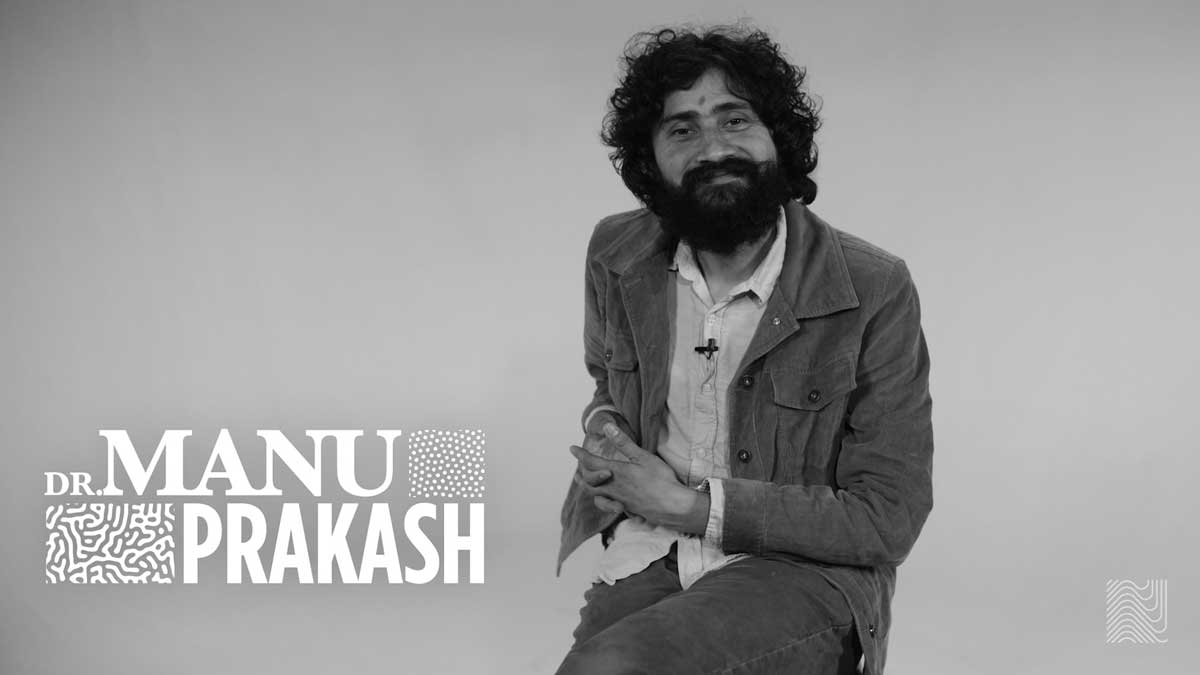
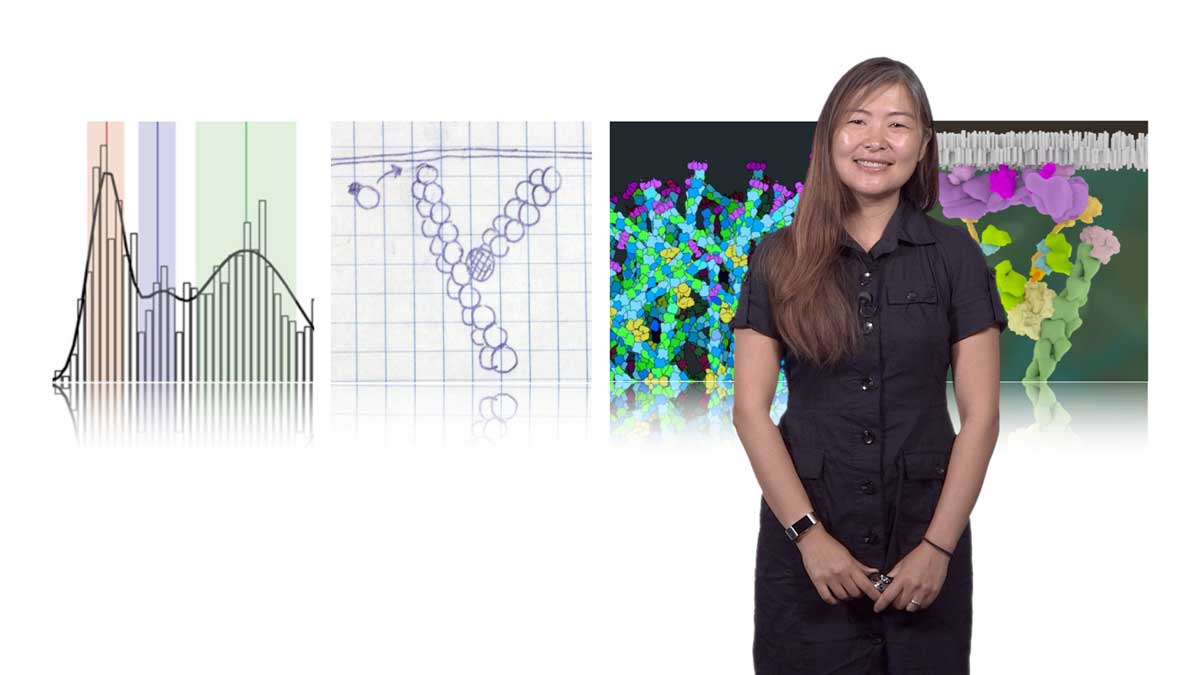





ankeet says
i just want to thank iBiology, such a nice talk